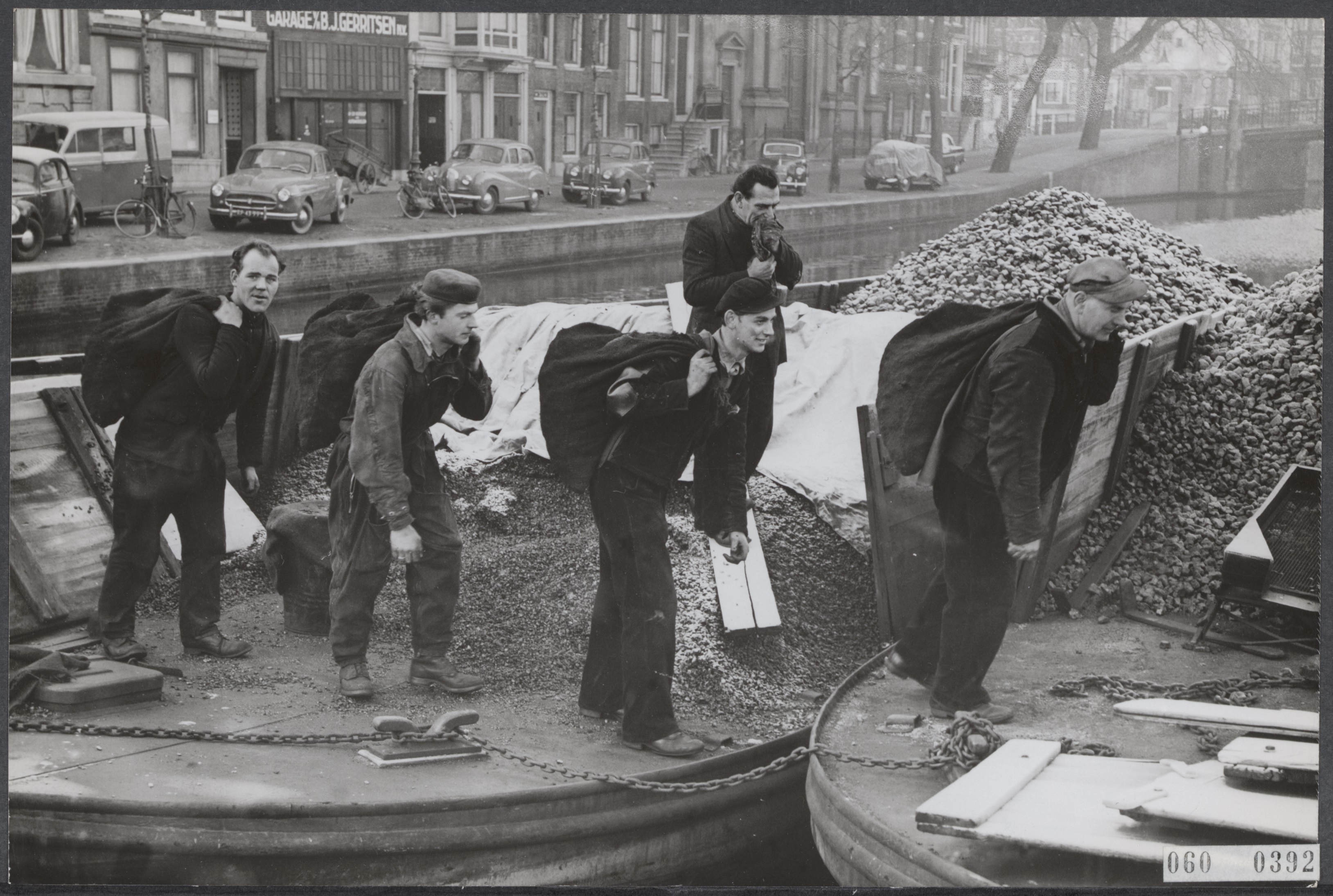A Just Energy Transition? Lessons from the Dutch Shift from Coal to Gas
This research project explores how workers influence their own futures during major energy transitions, and the role collective bargaining plays in shaping socially just and inclusive transition processes. It compares the historical transition from coal to natural gas in the Netherlands (1963–1980) with today’s shift toward renewable energy.
The Dutch gas revolution had far-reaching consequences for the labor market. As coal mining, transport, and processing were phased out between 1960 and 1980, entire supply chains disappeared, leaving many workers unemployed. Unlike coal, natural gas is not a labor-intensive energy source, which meant fewer jobs in extraction, logistics, and handling. New employment emerged elsewhere—but not for everyone. The transition also raised pressing issues around job quality, skills, retraining, and labor migration, especially in the context of a tight labor market.
In this comparative study Timon de Groot examines both the past and the present by combining historical analysis with research into current stakeholder perspectives—exploring how governments, trade unions, employers, and workers shape the conditions for a just energy transition today.
Timon de Groot received the Instituut Gak-KNAW award for this research project.



